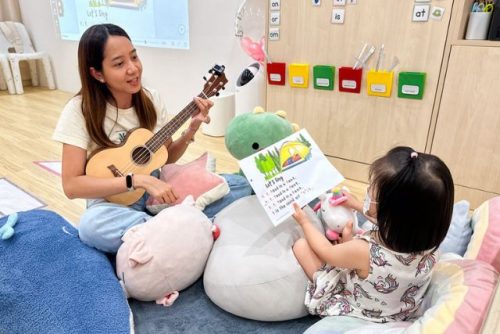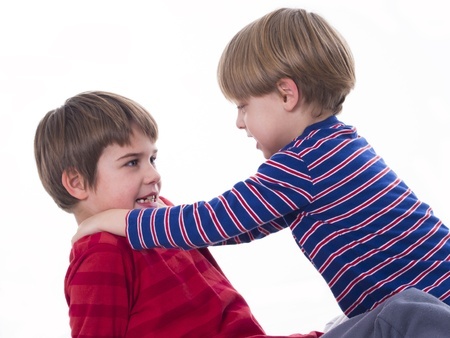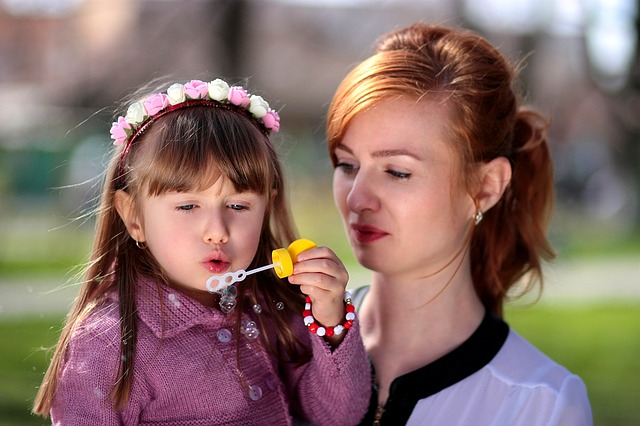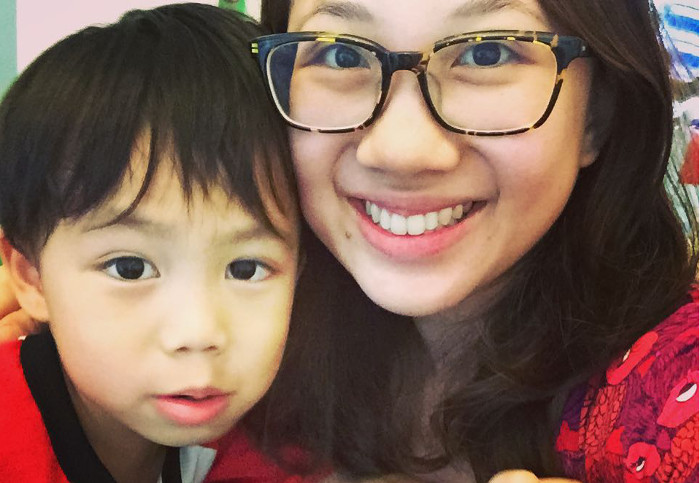When bullied, we would want our children to stand up for themselves. Yet they can only learn so far through experimenting and socialising with other children. They are stuck in a quandary unless they are taught the difference between assertiveness and aggressiveness.
We pick up some insights from Eleanor Reynolds, a children and families expert and author, on how parents can help teach children the difference.

4 Tips To Empower Children To Protect Themselves
#1 Teach your child what standing up for themselves looks like
Explain to your child how to protect their rights. Sticking up for oneself would mean not passively letting others do things to you, it would mean the courage to voice out and say no. There is a big difference in defending yourself versus hitting back. Courage is needed for children to assert themselves, whereas retaliation requires aggression which involves the imposition of will on others. Standing up for yourself does not mean defeating others or becoming a bully yourself.
⇒ Related Read: Teaching Our Children The Value Of Standing Up For Themselves
#2 Teach negotiation skills
Not all situations call for direct confrontation. Sometimes all it takes is for someone to make suggestions around a situation.
“We can take turns to play with this, instead of fighting over it” (rotating), “Let’s do this together” (sharing), “I can play with the train first and you can take the car”. The children can keep negotiating until they both agree.
#3 Suggest simple ways to build assertiveness
Parents can nurture assertion in the young ones by teaching them some simple statements and some simple stances.
Role play appropriate situations to use certain statements in a “big voice” such as
- Don’t call me names! (Stating a need i.e. for respect)
- I don’t like it when you take my turn on the slide! (Confrontation)
- If you hit me I am going to leave and tell (parent / teacher) (Escalation)
Going through the situations with them will help them know what situations to apply the statements and gear up on confidence.
⇒ Related Read: How To Bully Proof Your Child
#4 Help your children to be aware of danger
Your child does not have to be alone. An anti-bullying online resource suggests a buddy system may help in some situations. Step away from the bully if the other child is physical or makes threats to harm. Be wary of being backed in a corner. Teach what to do and who to approach if needed.
A combination of negotiation skills and assertion skills generally will be effective in the regulation of situations of power play amongst children. Nevertheless, parental supervision is critical at all times and you should be in the know. Always check out what your child feedback to you, do not dismiss it. It is important for children to know they can turn to their parents and have no fear in reaching out. If your child is harassed, step in and work out something with the school.
By Som Yew Ya.
* * * * *
Like what you see here? Get parenting tips and stories straight to your inbox! Join our mailing list here.
Want to be heard 👂 and seen 👀 by over 100,000 parents in Singapore? We can help! Leave your contact here and we’ll be in touch.




























































Leave a Comment: